Dubai Parking Company (Parkin) has announced a strategic partnership with charge&go, a subsidiary of e&, to deploy 200 DC fast-charging stations across the emirate. The phased rollout will commence in October 2025 with an initial 20 charging hubs, expanding to the full 200-station network over the following 12 months. This infrastructure expansion addresses the growing needs of Dubai's
over 39,000 registered electric vehicles and supports the city's sustainability objectives outlined in theDubai 2040 Urban Master Plan.
The partnership represents a significant infrastructure investment in Dubai's electric mobility ecosystem, which has experienced consistent 5.41% year-over-year growth in EV registrations. With Dubai targeting 42,000 EVs by 2030, this charging network expansion provides essential infrastructure to support continued adoption.
Advanced DC Fast-Charging Technology Specifications
The new charging stations will utilise DC fast-charging technology capable of delivering charging sessions under 30 minutes for most electric vehicles. Unlike conventional AC chargers, which typically operate at 22kW to 43kW, these DC stations will provide substantially higher power outputs, ranging from 50kW to 150kW, enabling rapid battery replenishment.
The charging infrastructure will support multiple international standards, including Type 2 connectors for AC charging, CCS Combo Type 2 for European and many Asian vehicles, and CHAdeMO compatibility for select Japanese manufacturers. This comprehensive compatibility ensures accessibility for Dubai's diverse EV fleet, from compact city cars to luxury electric SUVs.
Parkin's mobile application will integrate real-time availability monitoring, advanced reservation capabilities, and secure payment processing. The digital platform will display charging status, estimated completion times, and allow users to extend sessions remotely when necessary.
Strategic Rollout Timeline and Locations
The deployment strategy prioritises high-traffic areas where EV drivers frequently require access to charging. Phase one locations include major residential developments, shopping destinations such as malls and retail centres, and leisure facilities including parks and entertainment venues. This strategic placement ensures charging availability where people naturally spend extended periods.
The 12-month expansion timeline allows Parkin and charge&go to analyse usage patterns, optimise station placement, and refine operational procedures before full-scale deployment. Each charging bay will enforce strict "park and charge" policies, preventing non-charging vehicles from occupying spaces and ensuring availability for active EV users.
Standardised Pricing Structure Across Emirates
Following Cabinet Decision No. 81 effective January 2025, public charging costs are now uniform across the UAE. The standardised pricing structure establishes transparency and consistency for EV drivers throughout the country.
Current Public Charging Rates:
- AC slow charging: AED 0.70 per kWh + 5% VAT (approximately AED 0.735/kWh)
- DC fast charging: AED 1.20 per kWh + 5% VAT (approximately AED 1.26/kWh)
Charging Cost Examples by Battery Capacity:
| Battery Size | 20 → 100% Charge (kWh) | AC (incl. VAT) | DC (incl. VAT) |
|---|---|---|---|
| 60 kWh | ~48 kWh | AED 35 | AED 60 |
| 85 kWh | ~68 kWh | AED 50 | AED 85 |
These rates align with the broader UAEV network pricing structure, which charges AED 1.20 per kWh for DC charging and AED 0.70 per kWh for AC charging across the federal charging infrastructure.
Dubai's Comprehensive EV Charging Ecosystem
This new partnership complements Dubai's existing charging infrastructure, which is managed by the Dubai Electricity and Water Authority (DEWA). DEWA's Green Charger network currently operates over 1,100 stations throughout the emirate, providing foundational charging coverage that began with the EV Green Charger Initiative in 2015.
The existing DEWA network utilises a Charge Point Management System (CPMS) accessible through 14 different digital platforms, offering multiple access points for EV drivers. DEWA's infrastructure primarily serves approximately 740 vehicles simultaneously across its 400+ charging locations, demonstrating the need for expanded capacity that Parkin's network will provide.
Private charging providers also contribute to Dubai's charging ecosystem. Mobile charging services operate throughout the emirate, offering on-demand charging at rates around 1 AED per kWh plus service fees ranging from 25 AED for scheduled appointments to 35 AED for immediate service requests.
Home Charging Solutions and Installation Requirements
For residential EV owners, home charging remains the most cost-effective option. Home electricity rates average around AED 0.44 per kWh, including applicable fees, significantly lower than public charging rates. However, home charging installation requires compliance with specific technical and regulatory requirements.
a No Objection Certificate (NOC) approval before installing any residential charging station. Property owners must engage DEWA-approved electrical contractors who are familiar with the Dubai Building Code requirements for installing EV charging equipment. The technical standards require adherence to IET Code of Practice guidelines and manufacturer involvement in design review and commissioning processes.
Residential charging systems typically operate at 3.6kW to 22kW using Type 2 AC connections, providing overnight charging capability for most EVs. The installation process includes an electrical load assessment, NOC application through DEWA, installation by an approved contractor, and final commissioning, accompanied by owner training on equipment operation and safety protocols.
Government Initiatives Driving EV Adoption
Dubai's expansion of its EV infrastructure supports broader governmental sustainability objectives. Sheikh Ahmed bin Saeed Al Maktoum's Directive number 2 of 2020 mandates that Dubai government entities must purchase 20% electric or hybrid vehicles starting in 2025, increasing to 30% by 2030.
This procurement directive creates a significant demand for fleet vehicles that requires reliable charging infrastructure. The government fleet electrification, combined with the Dubai Green Mobility Strategy 2030's target of 10% of all vehicle sales as electric or hybrid by 2030, establishes substantial infrastructure requirements that justify private sector charging network investments.
The regulatory environment also supports the development of charging infrastructure through DEWA's updated EV Charging Infrastructure Regulation, which introduces licensing frameworks for charge point operators while maintaining technical standards for equipment installation and operation.
Impact on EV Ownership Experience
The Parkin-charge&go network addresses several practical challenges facing Dubai's EV community. Reducing charging time to under 30 minutes at DC stations eliminates range anxiety for daily commuting and longer trips within the emirate. The reservation system prevents the frustration of arriving at occupied charging stations, while integrated payment processing simplifies the charging experience.
For Dubai's growing EV community, this infrastructure expansion represents a transition toward charging convenience comparable to traditional fuel stations. The strategic placement in high-traffic areas means charging becomes integrated into regular activities, rather than requiring dedicated trips, which improves the overall ownership experience.
The network's integration with Parkin's existing parking management system, covering more than 212,000 spaces throughout Dubai, creates synergies between parking and charging services. This integration supports the city's broader urban mobility strategy while providing practical infrastructure that makes EV ownership increasingly viable for residents and businesses.
Implementation Timeline and Future Expansion
The October 2025 launch date for the first 20 charging stations establishes Parkin and charge&go as significant players in Dubai's public charging market. The subsequent 12-month deployment schedule for the remaining 180 stations provides steady infrastructure growth that can accommodate increasing EV adoption rates.
This phased approach allows for operational optimisation based on user feedback and usage patterns from the initial installations. The partnership can adjust station locations, charging speeds, and service features based on real-world data before completing the full network deployment.
The 200-station network will significantly increase Dubai's fast-charging capacity, complementing existing DEWA infrastructure and private provider networks to create comprehensive charging coverage across the emirate. This infrastructure foundation supports Dubai's trajectory toward its 2030 EV adoption targets while providing the practical charging access that makes electric vehicle ownership increasingly attractive for Dubai residents and businesses.
FAQs
When will the first EV fast chargers be available in Dubai?The first 20 ultra-fast DC charging stations will launch in October 2025 as part of the Parkin-charge&go partnership.
How long will it take to charge an EV at these new stations?Charging sessions will complete in under 30 minutes at the new DC fast-charging stations, significantly faster than conventional AC chargers.
How many chargers will be installed in total?The partnership will deploy 200 fast charging points over 12 months following the October 2025 launch, with 20 stations in the initial phase and 180 additional stations in the subsequent rollout phases.
What will it cost to use these charging stations?DC fast charging costs AED 1.26 per kWh (including VAT), following the standardised UAE pricing structure established by Cabinet Decision No. 81.
Subscribe to our newsletter to get the latest updates and news


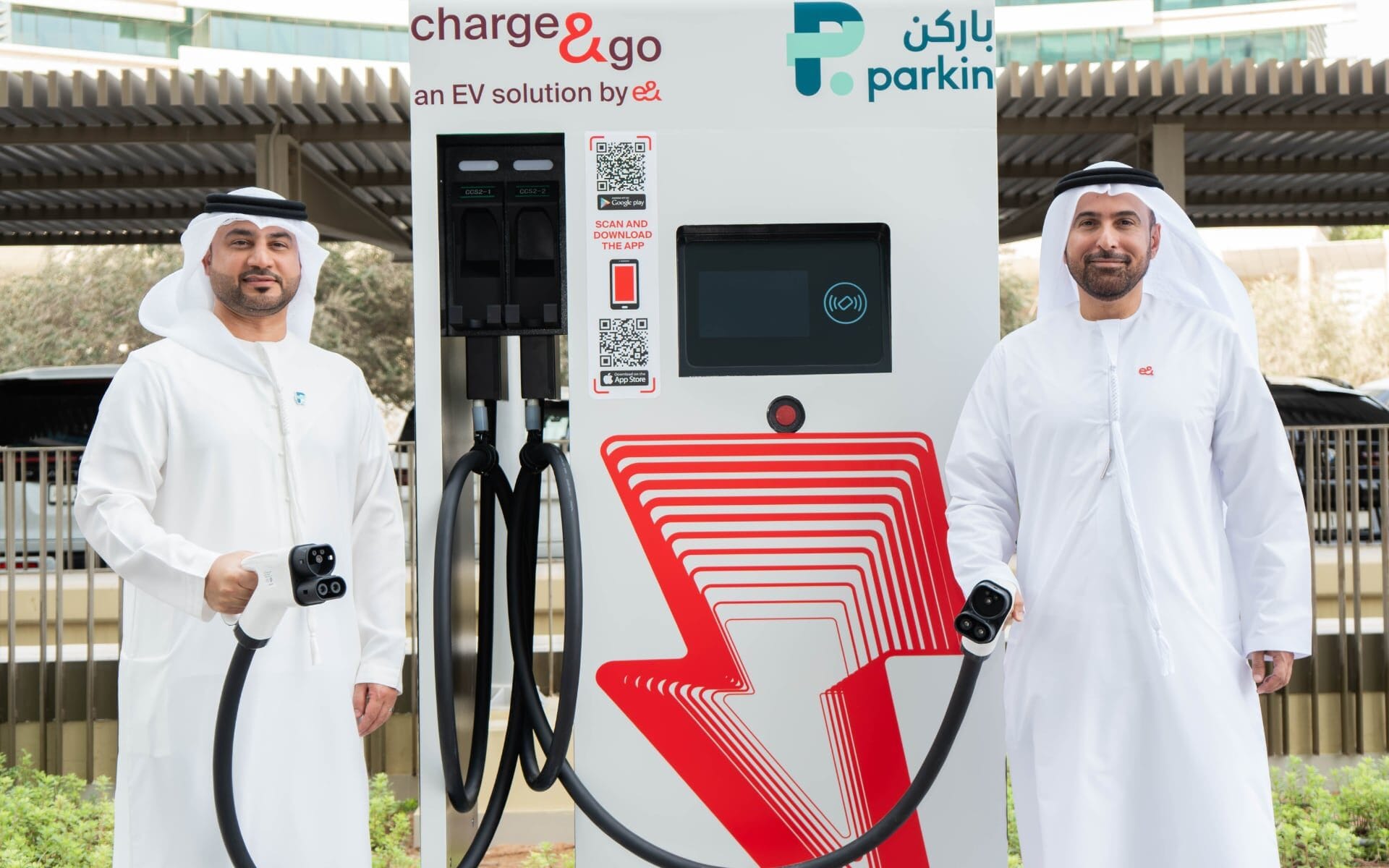



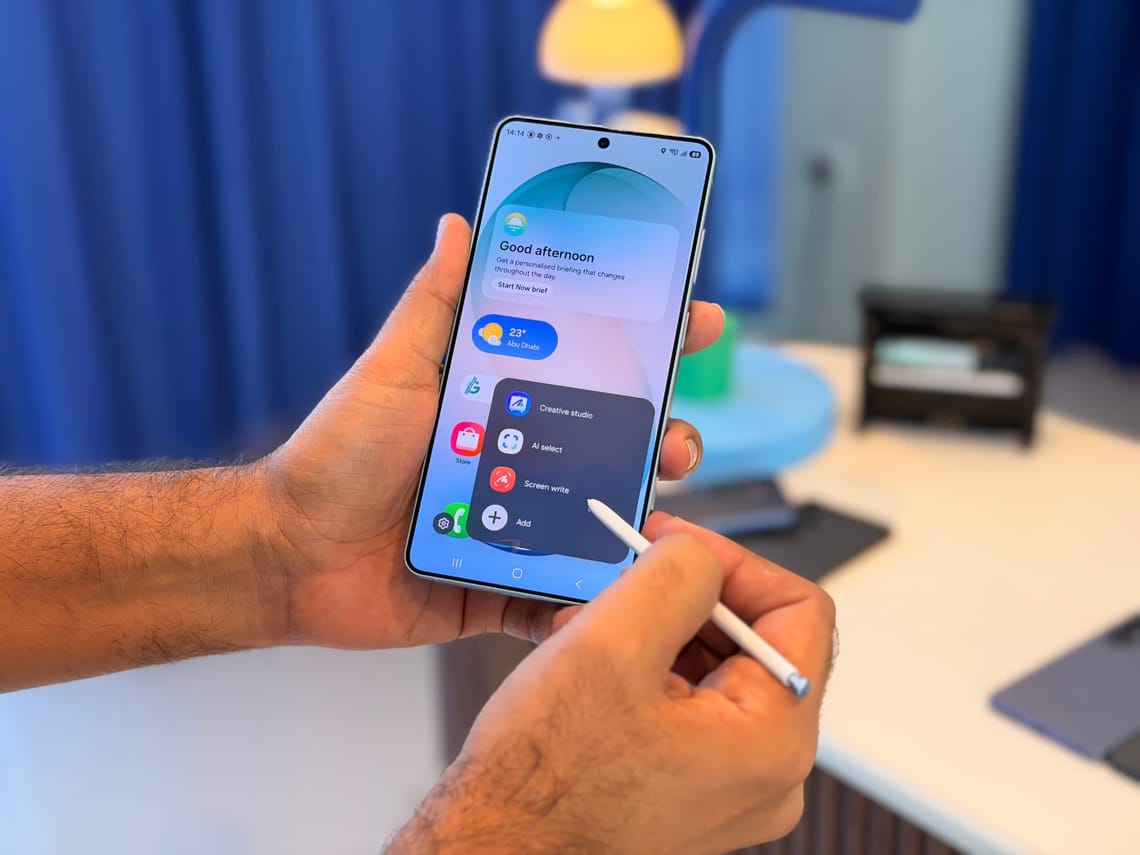

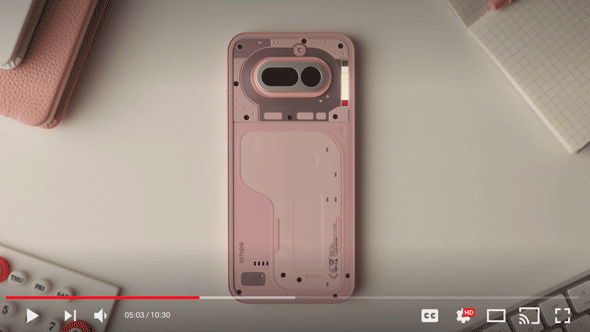

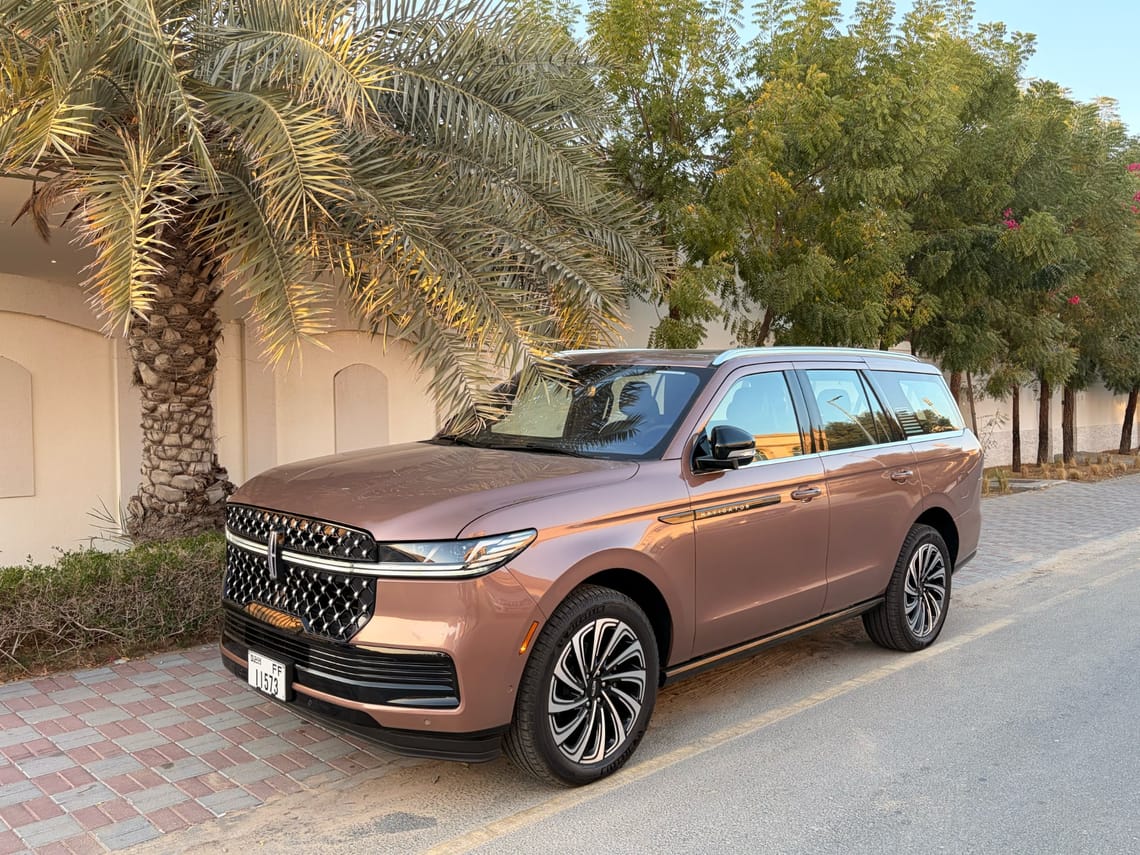



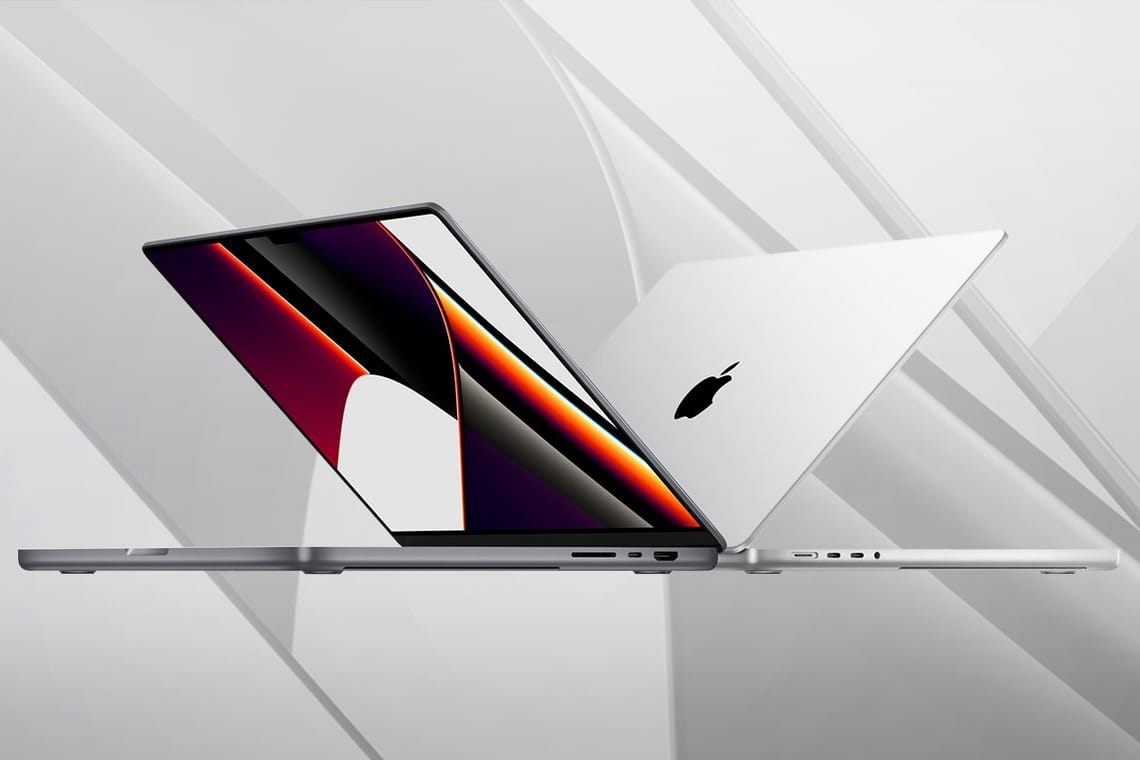
Member discussion